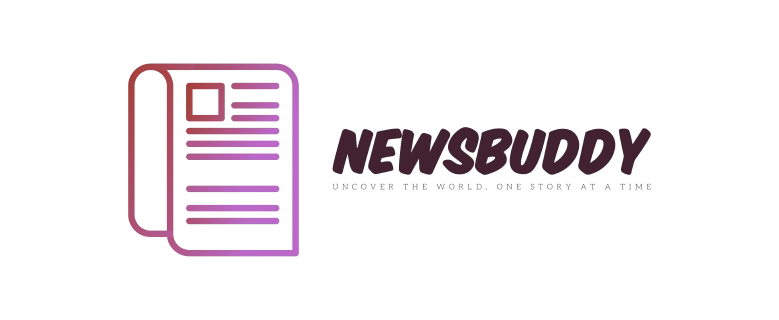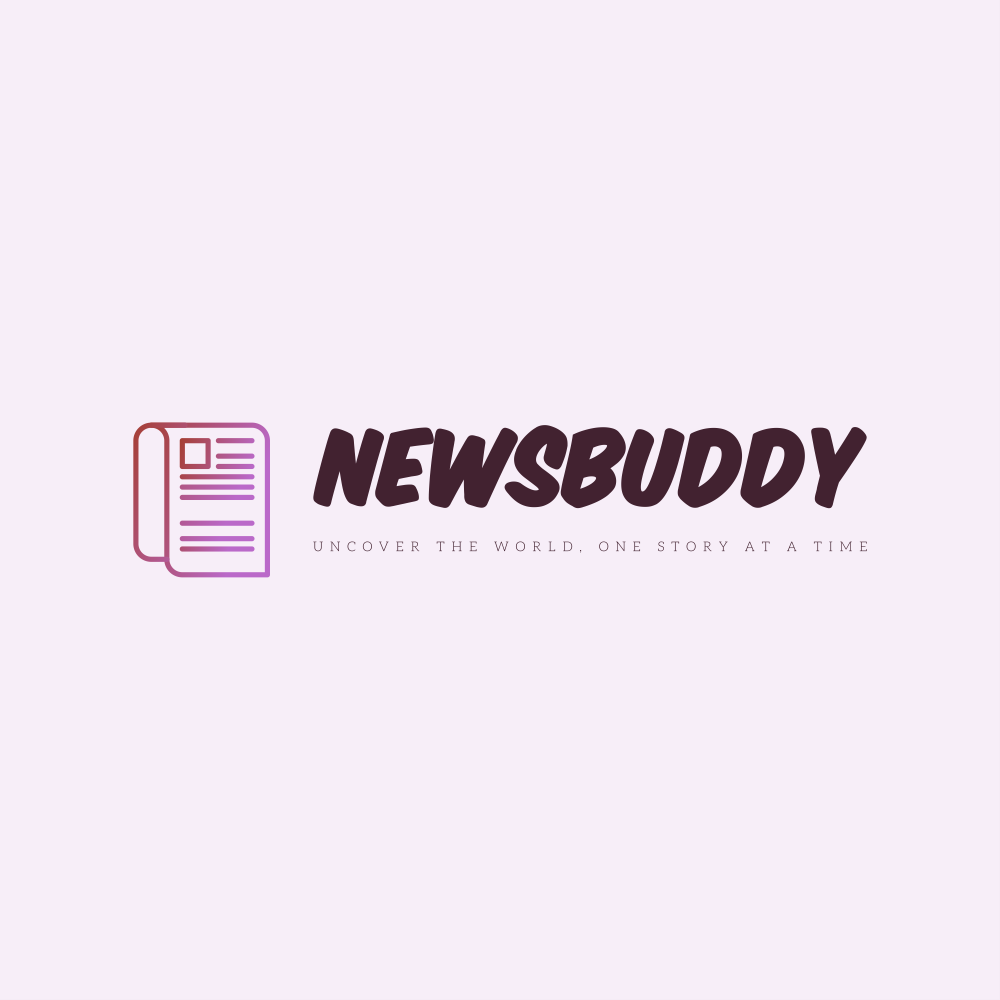Welcome to the Era of Public Resignations
What happens when a resignation letter becomes content?
From Bengaluru tech parks to Mumbai cafes, a rising number of Gen Z and millennials in India are recording themselves quitting their jobs—sometimes live, sometimes scripted—and sharing it on Instagram Reels, TikTok (via VPN), or YouTube Shorts.
Dubbed as “Quit-Tok” culture, this trend is less about drama and more about reclaiming control, visibility, and sometimes... clout.
Why Are People Doing This?
Let’s break it down:
-
Toxic Work Culture: Long hours, micro-management, unrealistic KPIs — many workers feel stuck and unheard.
-
Validation and Support: Online audiences often offer the empathy their HR department never did.
-
Monetization: A viral resignation can translate into followers, brand deals, or a new freelance career.
-
A Form of Protest: This is not just quitting—it’s a rebellion, an emotional release, a story going public.
Real People, Real Stories
“When I walked out of that office for the last time, I hit ‘Record’. I wasn’t looking for fame. I wanted closure,” says Aayushi, 27, who left her finance job and now creates content on workplace wellness.
“I didn’t just quit a job—I quit being scared,” said Rohan, whose clip of telling off a rude boss got 1.2 million views in 48 hours.
Not all stories are confrontational—some are simply bittersweet, honest farewells to a corporate phase of life.
The Dark Side of “Quit-Tok”
While some praise it as bold and liberating, others warn of the consequences:
-
Legal risks: Disclosing company names or internal policies could violate contracts.
-
Burned bridges: Employers may blacklist or block future references.
-
Public backlash: Not everyone in the audience is kind—especially in viral comment sections.
-
False glamorization: Quitting publicly doesn’t always lead to a dream life.
Is This the Future of Work Culture?
The Quit-Tok trend reflects a deeper dissatisfaction with the traditional 9-to-5 structure. It’s not just about quitting—it’s about questioning the very structure of work, loyalty, and purpose in the digital age.
More importantly, it’s a call to HRs and CEOs to listen, evolve, and adapt to a generation that refuses to suffer in silence.
Quitting used to be private. Now, it’s performative—and maybe that’s not entirely bad. It opens up conversations about mental health, ambition, burnout, and freedom.
In a world of quiet quitting, Quit-Tok is loud, messy, emotional—and deeply human.
Stay tuned with NewsBuddy as we continue to explore how the internet is reshaping our workplaces, relationships, and identities.



